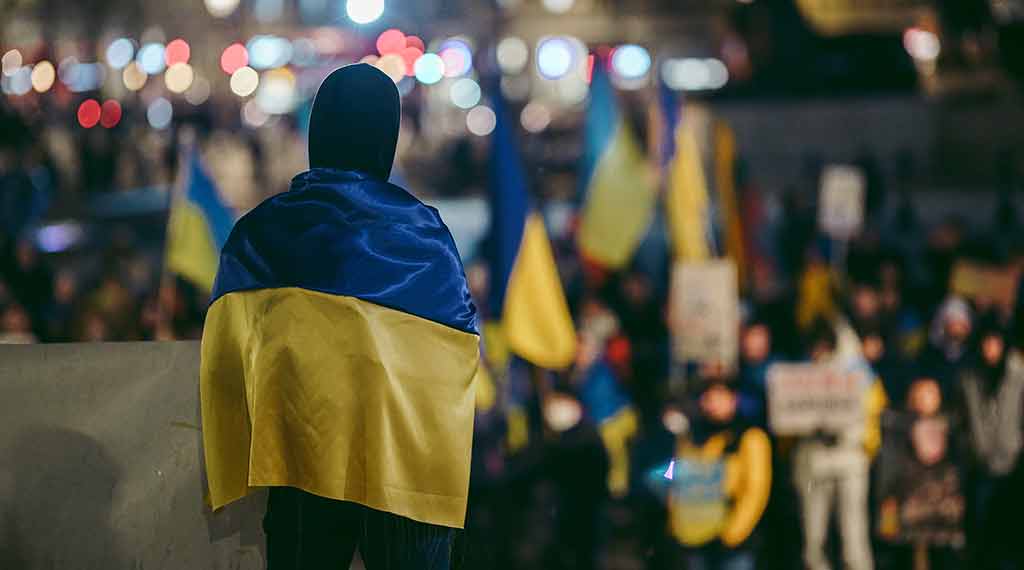
The head of the Wagner Group, Yevgeny Prigozhin, announced today (May 20) that all of Bakhmut has been taken by the Wagner forces.
He also said that on May 25 the Wagner forces will hand over control to the Russian army and pull back for rest and retraining. Some Wagner forces will be used in defensive positions that are not sent back for training and rest.
Bakhmut is a city of 75,000, at least before the war, in the Donetsk region and is strategically located. It is known as “Salt City,” which refers to the huge underground salt mines that are actually located nearby in Soledar, which fell to the Russians in late January of this year.
Bakhmut was also a major wine producer, but when Crimea was taken by the Russians, the supply of grapes coming from Crimea ended and the wine business in Bakhmut collapsed. The city is a major roadway nexus and also features important rail connections. According to recent reports, the Wagner forces were surprised to find some civilians still living in the devastated city.
Prigozhin thanked Russian President Vladimir Putin. “And thanks to Vladimir Vladimirovich Putin for giving us this opportunity and the high honor of defending our homeland.” He also thanked Generals Sergei Surovikin and Mikhail Mizintsev, who “made it possible to carry out this difficult operation.”
Surovikin is known as “General Armageddon”, speaking to his controversial career. After three months of commanding Russia’s forces in Ukraine, he was removed. He served as deputy to Chief of the General Staff Valery Gerasimov and was assigned to support the Wagner forces, bringing significant urban combat skill to the group. Surovikin is famous, some would say infamous, for the battle of Idlib, in Syria, which devastated the city.
Colonel General Mikhail Mizinstev likewise was assigned to Wagner. He has been called the “Butcher of Mariupol” where he led the successful attack on that city. Previously, he played a major role in the Battle of Aleppo, Syria. Like his counterpart Surovikin, he uses mainly scorched earth tactics, with considerable success.
The role of these two top Russian generals in Wagner indicates that the group has transitioned fully from a “private” military organization to a part of the Russian armed forces, and thus follows Russian command decisions in its operations. While Prigozhin is the face of Wagner, he has no military experience.
Wagner’s tactics closely resemble the methods the Soviet Union used successfully in World War II. Bakhmut, like Mariupol, was, however, a kind of turnabout as the Russian army and Wagner stormed the cities instead of being assigned to defend them.
The fall of Bakhmut is a political victory for Prigozhin, who many believe is positioning himself to replace Putin. His rant against Putin last week, where he accused the “grandfather,” aka Putin, of being an “a**hole” still is a problem for him in the days ahead. Russian politics can be very brutal, as history shows.
- Trump and Ukraine: what Russia wants, what Trump could do - November 8, 2024
- North Korean troops in Kursk could backfire on Moscow, Pyongyang - November 1, 2024
- Secure enclaves: bad CHIPS Act idea wasting billions - August 12, 2024
